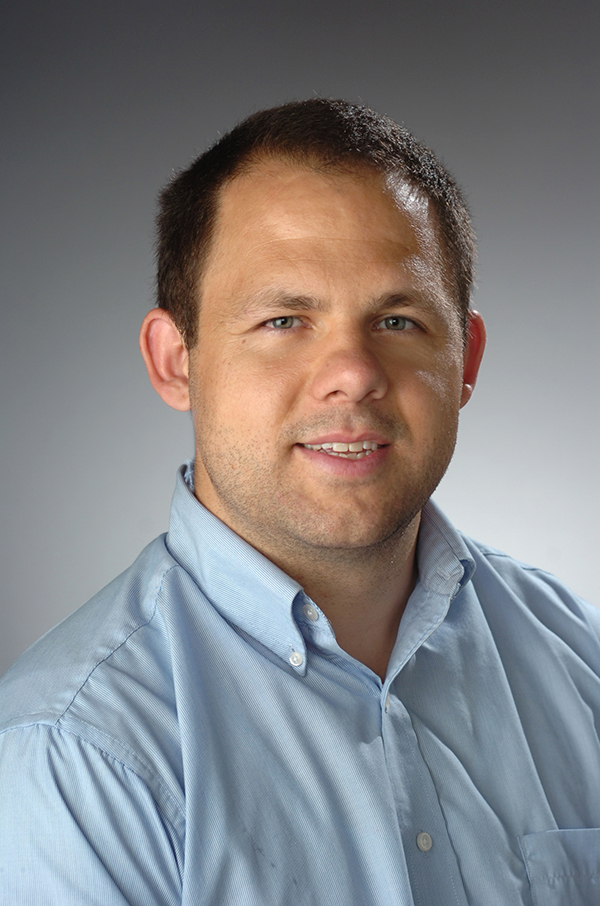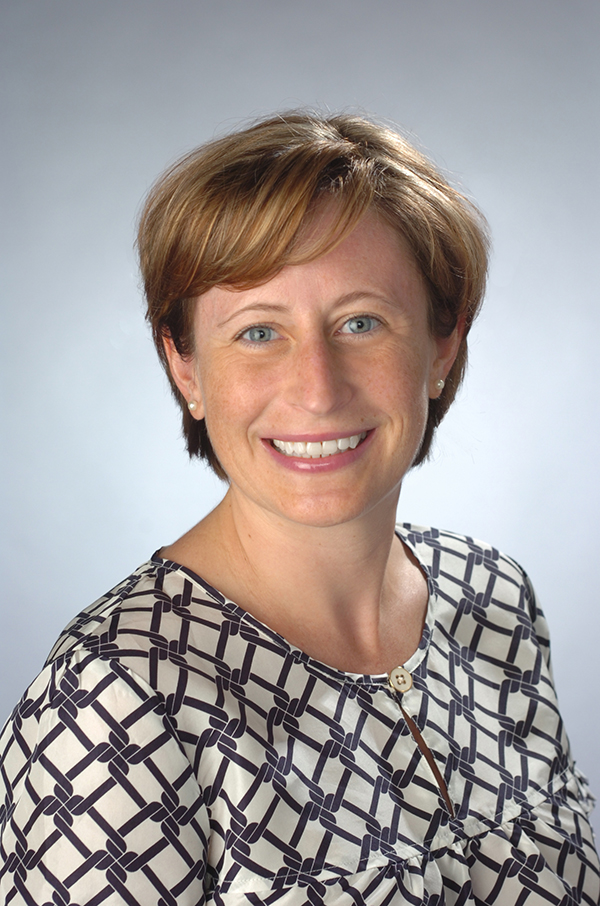Falk College strives to achieve excellence in education not only through good teaching but also through participation in active research. Our students benefit by learning from researchers who are working at the cutting-edge of knowledge, within well-equipped laboratories, and in projects that are both domestic and abroad. We encourage both undergraduates and graduate engagement to achieve not only a rewarding educational experience but also enhanced career opportunities upon graduation. Learn more about the different types of research awards.

Extramural AwardConducting A Racial Equity Impact Assessment and Developing a Community Advisory Board to Inform the Future of the New York State Wastewater Surveillance Network
This study examines the distribution of racial/ethnic equity, social vulnerabilities, and environmental justice throughout the New York State wastewater surveillance network (the network)…
Learn more about this research.

Extramural AwardELC Wastewater Surveillance
The New York State Department of Health has contracted Syracuse University to scale a wastewater surveillance network for SARS-CoV-2 and other public health threats. . .
Learn more about this research.

Extramural AwardNYS Wastewater Surveillance Network
New York State Wastewater Surveillance Network – Phase 2. The New York State Department of Health has contracted Syracuse University to build the data and technical infrastructure for a statewide wastewater surveillance network. . .
Learn more about this research.

Extramural AwardNYS Wastewater Surveillance Network
Wastewater surveillance is a useful tool for ensuring health security via confirmation that COVID-19 is at low levels of transmission and alerting to increasing levels of transmission. Dr. Larsen is leading efforts to develop a wastewater surveillance network for the state of New York, including building the surveillance system infrastructure, training local health departments regarding wastewater surveillance, and informing the public. Initially this network will serve in response to the COVID-19 pandemic. In the future, this network will support the public health response to the opioid crisis, monitor trends in antimicrobial resistance, and potentially surveil other infectious diseases such as influenza and respiratory syncytial virus as well as environmental toxins such as per- and polyfluoroalkyl substances (PFAS). Numerous research opportunities are available for students.
Learn more about this research.

2020-2021 SU CUSE GrantAssessing Pyrethroid Exposure and Risk of Cardiovascular and Neurocognitive Disease in a Sample of Syracuse Children
Pyrethroids are the most commonly used insecticides in the world today. Exposure above the level of detection is common, and the potential health impacts of pyrethroid exposure are severe. We will utilize funding from the CUSE Grant to test 300 urine samples from the Environmental Exposures and Child Health Outcomes (EECHO) for pyrethroid metabolites.
Learn more about this research.

Extramural AwardPiloting a SARS2 Early Warning Wastewater Surveillance Platform
In response to the coronavirus, Syracuse University researchers have teamed with SUNY ESF, SUNY Upstate, and industry partners to pilot a statewide wastewater surveillance platform for New York state. This project will examine the usefulness of wastewater surveillance as an early warning of increasing coronavirus transmission and establish wastewater sampling standards for the state of New York.
Learn more about this research.

2019-2020 SU CUSE GrantA Consent Toolkit for Genomics Research Inclusive of Adults with Intellectual Disability: Establishing Feasibility
Adults with intellectual disability experience significant health disparities, and can benefit dramatically from genomics research. Yet ethical, legal, and social challenges in the process of informed consent present barriers to the generation of new knowledge to promote health equity. We can identify solutions to these persistent barriers by capitalizing on human rights advances so that adults with intellectual disability can meaningfully control research participation decisions.
Learn more about this research.

Extramural AwardEducating Girls in the Classroom and Beyond in Northern Nigeria
The projects goals are to delay the age of marriage and enhance girls’ agency and voice in rural communities in northwestern Nigeria by reducing social and economic barriers to female schooling and providing group-based mentoring and support. Dr. Larsen will be providing statistical support and analysis needed to meet the program goals.
Learn more about this research.

Extramural AwardEpidemiology Support for the Kenya HDSS Site
The long-term goal is to achieve sustainable funding for the Kenya HDSS site through external sources. To that end David Larsen will support scientific dissemination efforts of data that has already been collected at the Kenya HDSS site and to which Upstate Medical University has access. David Larsen will provide epidemiological support for numerous projects coming out of the HDSS in Kenya. Along these lines he will analyze data in accordance with established hypotheses and plans that were brainstormed with numerous Upstate scientists. David’s role in these investigations will primarily be to analyze the data, and then draft methods and results. He will bring in students as appropriate.
Learn more about this research.

Extramural AwardPublic health professor’s patented mosquito control device supports disease prevention
David Larsen, associate professor at Syracuse University’s Falk College, invented a newly patented technology with colleagues from SUNY Upstate Medical University and Pontifical Catholic University of Ecuador. The technology is a bait station that kills the Aedes aegypti mosquito, that spreads Zika, dengue fever, and other diseases. The mosquito originated in Eastern Africa, but is now found in tropical and subtropical regions throughout the world. U.S. patent number 10,470,084 is co-owned by Syracuse University and two other universities.
Learn more about this research.

2018-2019 SU CUSE GrantDried attractive bait stations (DABS) for the Control of Aedes Aegypti
The Aedes aegypti mosquito is responsible for dengue, zika, chikungunya, and yellow fever, which affect more than 100 million people each year and cause economic damages of more than $50 million per annum. There are limited interventions available to control adult Ae. aegypti– prevention is typically managed through larviciding. Larviciding however is often ineffective because Ae. aegypti utilize hidden breeding sites that are missed during larviciding campaigns.
Learn more about this research.

2018-2019 SU CUSE GrantFurther Evidence for the Negative Consequences of Mosquito Net Fishing
Hundreds of millions of insecticide-treated mosquito nets have been distributed throughout sub-Saharan Africa for the control of malaria. While successful in controlling malaria, these nets also make excellent fishing nets. Our previous research suggests that the practice of mosquito net fishing is ubiquitous and devastating to the fisheries of the floodplain of the upper Zambezi in Western Province, Zambia. We hypothesize that the current paradigm of mass distribution of insecticide-treated mosquito nets threatens economic and food security as well as malaria control.
Learn more about this research.

Extramural AwardLarsen continues research related to malaria control in Zambia
Assistant professor of public health, David Larsen, is the principal investigator for a trial comparing different spray strategies to control malaria vectors in Zambia, funded by the President’s Malaria Initiative for $75,115. He is also co-investigator for a trial comparing different health system strategies to eliminate the malaria parasite reservoir in humans in Zambia, funded by the Gates Foundation. In addition to these two trials David is working with Dr. Rick Welsh on the problem of mosquito net fishing, how it impacts livelihoods, food systems, and malaria control.
Learn more about this research.
